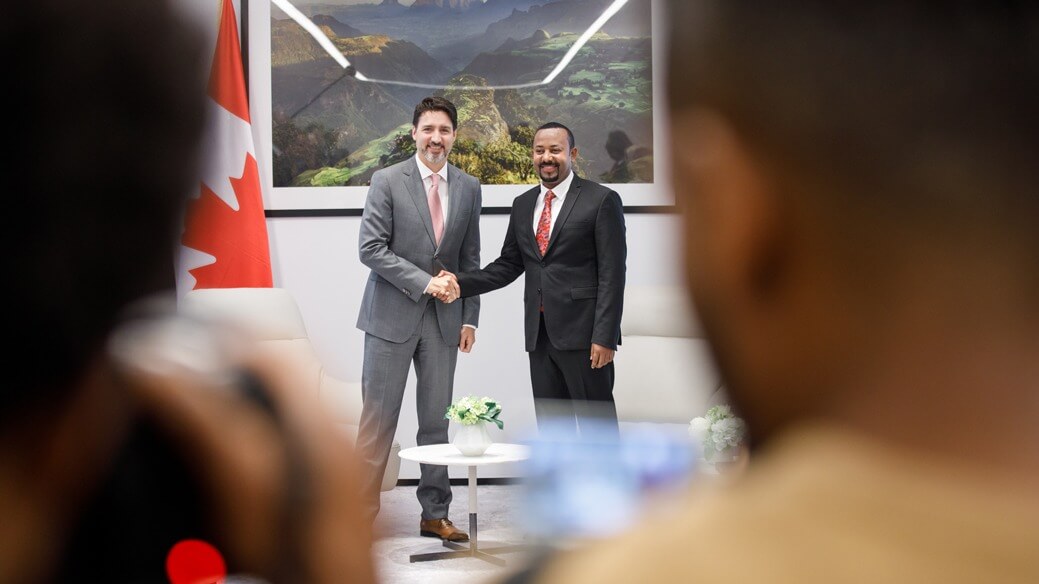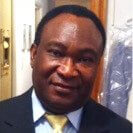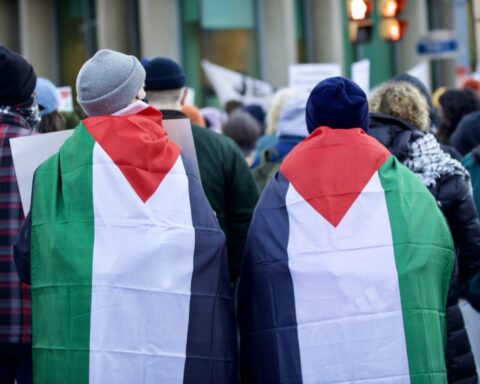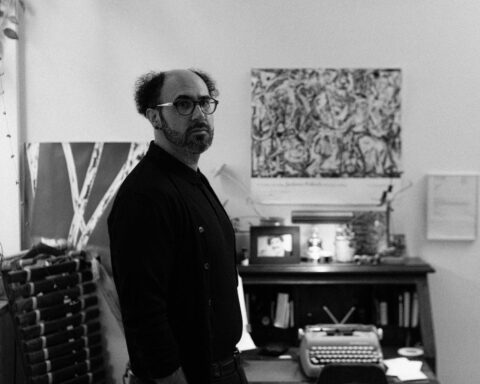As Prime Minister Justin Trudeau ends a six-day official tour of Africa, it is not far-fetched to speculate what may happen in June when votes are cast for a seat on the United Nations Security Council. I dare say most African nations might be inclined to support Canada’s membership for a non-permanent seat.
Who will sit at the table?
Africa has 54 of the 193 votes in the UN General Assembly for the selection of the 10 non-permanent members to the Security Council. The Security Council is charged with peace and security issues and resolutions. There are 15 members of the UN arm, five of whom are permanent members. This includes the United Kingdom, United States, France, China, and Russia. Moreover, non-permanent members serve for a two-year term. Currently, the 10 non-permanent members are: Belgium, Cote d’Ivoire, Dominican Republic, Equatorial Guinea, Germany, Indonesia, Kuwait, Peru, Poland and South Africa
Canada, not Norway or Ireland, is sustainably present in Africa today. Canada-Africa relations have been strong over the years. Through its military armed forces, Canada is keeping peace on the continent.
Canadian bodies are defending Mali’s north where its military strategists continue to ward off Ansar Dine Islamist terrorists who take their cues from deadly organisations like ISIS and Al Qaeda.
These groups are causing mayhem in the desperately poor African country rich in folklore traditions that stretch to thousands of years. The Islamists demand pure Islam, whatever that means. Because of religious fanaticism, Malians are killed for playing their traditional music. They have given the world treasurable music for centuries. Without the combination of the Canadian forces, the African Union and the US-Africa Command, repelling the rebel forces, who once occupied the north of Mali, would have been harder still.
What Canada is up against
Canada is in the running against Norway and Ireland for two spots at the table. However, the Norwegian Prime Minister Erna Solberg was also at the African Union meeting this last weekend as Trudeau.
They were both seen strolling through Unity Park with the Ethiopian prime minister. And as Trudeau was leaving Jubilee Palace from his meeting with the Ethiopian president, Solberg’s staffers were in the building preparing for her imminent arrival.
“I think one of the differences, of course, is we have been on the steady same path for a very long time. So [African leaders] know us,” Solberg said in Ethiopia. The Norwegian Prime Minister suggested it is her government’s to lose the battle of persuasion when it comes down to the African vote at the UN General Assembly. She definitely has her reasons.
It is true that Africans are familiar with the contribution of the Norwegians in terms of open immigration of Africans to their country. Many Somalians, Eritreans and Sudanese have found a home in Norway. Norway’s assistance to poor African countries rose by $165 million (U.S.) last year. Total aid a year before was $4.1 billion (U.S.) — one percent of the country’s budget.
Canada doesn’t give close to that, but the presence of Canadian soldiers going through the streets of an African country can be weighty in terms of optics.
What Canada has to offer
The NBA Raptors president the Nigerian-born Masai Ujiri is on Trudeau’s eight-day trip to Africa as part of his delegation. Mr Ujiri does a lot of great things for youth on the continent. The basketball manager’s Giant of Africa Project is lauded throughout. He is setting up visible sports clinics to attract the youth to basketball so they can harness their talents. This move could take them to greater heights in life; hekp them get out of poverty. The extent to which Ujiri can help Canada get a place at the Security Council table is not known yet. But rest assured it wouldn’t hurt.
Canada deserves a place at the Security Council indeed. It is a true leader in multiculturalism, supporting displaced peoples across the globe. Canada has increasing policies that bring people of different ethnicities together; fostering female empowerment as evidenced by Trudeau’s own mixed gender cabinet.
With Trudeau traversing the continent in style, Africans see Canadian values for what they represent: steady, palpable and visible. The Trudeau government may be close to getting a seat at the Security Council table because of this.
Peter Uduehi is a journalist and currently publisher and editor of African World News in Toronto. Versed in African and American politics, he has spent most of his adult years in the USA where he studied journalism and later worked as reporter and news editor for several US media outlets before emigrating to Canada 10 years ago.





